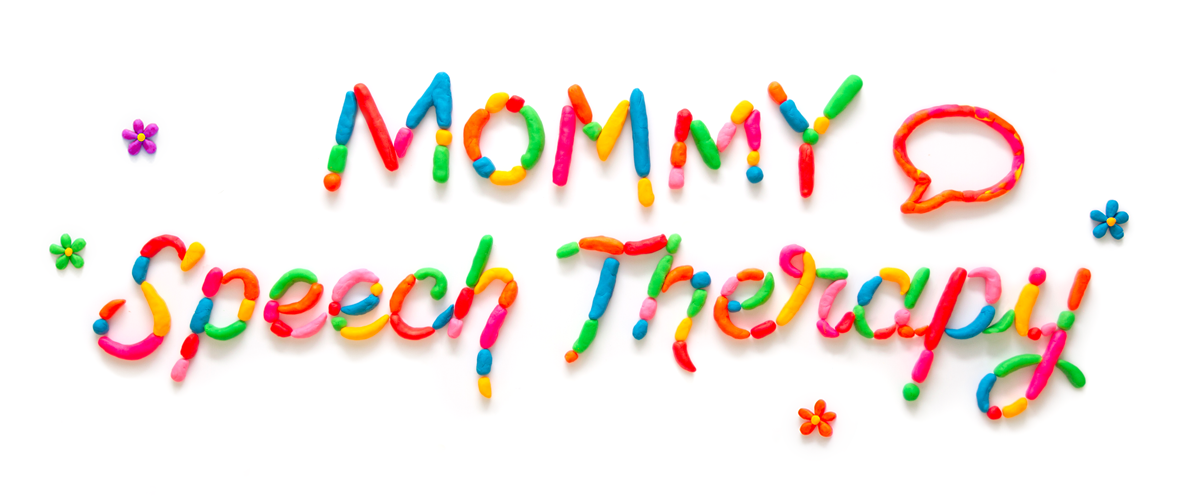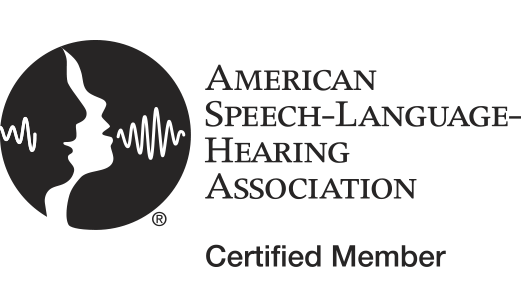When we have kids that are struggling in school it is helpful to know who to turn to and what resources are available to help them. I’d like to thank Frankie Strickland for taking the time to clearly define the role of RTI (Response to Intervention) in the schools, a program designed to help our struggling children achieve greater academic success.


If you have a child struggling in school, you need to be aware of Response to Intervention (RTI) and how it can help your child. Response to Intervention is not a book, a parent organization nor a student club, but rather an educational process to provide additional help for your child to be successful in school. This additional help is known as support for your child. There is no cost to you for this additional help. Depending on the specific challenges your child is experiencing will determine the type of help needed and who within the school will provide the additional help (this could include the speech language pathologist). Students may receive additional help in just reading, math, etc…depending on their area of need. The goal of RTI is to catch struggling students early in order to provide appropriate instruction based on grade level standards or content and help prevent the need for referring students to special education.

Before we continue, let’s look at the difference between general and special education. General education is the education every student receives. General education teachers are trained to educate the student in all academic areas. Think of special education as students receiving specialized instruction (for example, reading, math, speech therapy). Special education teachers are specialized to educate students in certain areas. A good example of this might be a general family doctor compared to a cardiologist. If you have a cold, you will visit your general family doctor. However, if you had difficulties with your heart your family doctor may refer you to a cardiologist. Students who need specialized help at school may need the help of a special education teacher.
RTI Description:
Since 2004, the Individuals with Disabilities Education Improvement Act (IDEIA, 2004) increased the accountability of school systems to provide high quality instruction for all students with regular monitoring of students progress through the implementation of Response to Intervention (RTI). The No Child Left Behind Act (NCLB) supports this increased accountability as well. When these laws were passed, the federal government did not tell the states exactly how RTI would operate at the state level, but rather left those decisions up to the individual states to determine. Each state has had the opportunity to design a plan for how to use RTI. As a parent, learning your state and school district’s plan for RTI may prove to be helpful for you in understanding how it works and how you can help your child.

Think of RTI as a 3 levels/tiers of help for your child. Most states have 3 levels of help (as the child moves up each level more help is offered). All students start at level 1 by receiving high quality instruction in the classroom. All students are screened to see if there are gaps in the students skills compared to the grade level content. Level 2 and Level 3 provide additional help to students who are struggling with the high quality instruction at Level 1. Students can move up and down the levels depending on the amount of help needed. As students move from Level 1 to Level 2 and Level 3 the help occurs more often and for longer periods of time. If students are not making enough progress with the help that is provided, then the student may require more specialized instruction from a teacher who specialized in the specific areas the students are having difficulties. Tracking students’ progress at all Levels is important as this collection of data should guide the help and the amount of help that is provided to the students. In order to best help the students, we must continually track students’ performance. Understanding your state/school districts RTI support system will allow you to play more of an active role in the RTI process for your child.
What is the parent’s role?
As parents, please understand that each state and school system will vary in the RTI procedures. Please check with your state department of education and your school system board of education to learn the RTI procedures. RTI has been proven to be a strong support system in catching students up to grade level content.
Talk with the staff at your child’s school to learn how the RTI process works there. This will help you understand how you can best help your child get additional help, if needed.
If you are concerned about your child, schedule a meeting with your child’s teacher(s) to talk about your specific concerns. This meeting will allow you to share your concerns with the teachers and allow the teachers to share how your child is doing in the classroom. It is important for everyone to talk and work together to help your child be successful.
5 Quick Tips for a Parent Teacher Meeting
- Be Prepared. Take pen and paper into the meeting so you can take notes.
- Make a List. Before the meeting make a list of your specific concerns.
- Ask Questions. Learn the strengths and struggles of your child and how your child is being taught in school.
- Be Ready to Listen. Be open to learning how your child is performing at school (strengths and struggles). This can be difficult as a parent. Your child’s performance at home may vary to their performance in the classroom setting.
- Be a Team Player. Working together as a team with the focus on what is best for your child’s education will prove to be successful.
What is the role of the educators/SLPs?
Sharing the RTI information with parents and the community is important. Everyone should understand the RTI Process and how this process can help students be successful in school. This RTI information could be shared at PTO/PTA meetings or other school functions.
When students begin to show signs in the classroom of struggling, the teachers, SLPs, and parents can request a meeting to talk about the struggles.
This is a sample flow of an Intervention Meeting:
- Schedule a meeting with teaching staff and parents
- Look at the student’s work samples
- Discuss a plan of action to help the student
- Decide if an Intervention Plan is needed, if yes,
- Write an Intervention Plan during the meeting
- Identify what additional supports will be provided
- Identify who will provide the additional supports
- Identify when additional supports will be provided
- Identify where the additional supports will be provided
- Schedule a follow-up meeting to discuss success of additional supports
- Give a copy of the Intervention Plan to the parents
Keys to a Successful RTI Process
- Open lines of communication with teaching staff and parents
- Teaching staff and parents working together as a team
- All team members understanding the RTI Process
- Regularly tracking student progress on a scheduled time frame
- Regularly studying student progress to determine if enough progress is being made in the struggling areas
- Allowing the student performance data to guide instruction and additional supports
- Always have the students best educational interest at the forefront of this process, don’t delay a referral for educational services if it is the belief of the Intervention Team that this is what is best for the student.
Each student goes to school with different strengths, interests and needs. Students learn best when the curriculum and instructional strategies are united with their skills and abilities. Together as parents, teachers, speech therapists and administrators we can make sure our students receive the support they need that will ultimately lead to our students’ success. Hopefully, having a better understanding of what RTI is and how our educational systems are set up to provide our students with the supports they need will empower us as parents, and give us the courage to make sure our students are able to take advantage of all the opportunities available to them.
Wishing you the best!
-Frankie
![]()
Frankie Strickland, Ed.S., CCC-SLP is a speech language pathologist who has worked with toddlers through adults in the educational and private sector as well as serving in various educational and leadership capacities for the last 16 years. She is the President of Talktrac, a web-based company that creates programs for speech therapists, occupational therapists, and physical therapists to easily track students’ progress in RTI and those with IEPs in the schools and track client progress with Plans of Treatment in private clinics using iPads, data phones, or PCs. You can learn more at www.talktrac.com






6 Comments